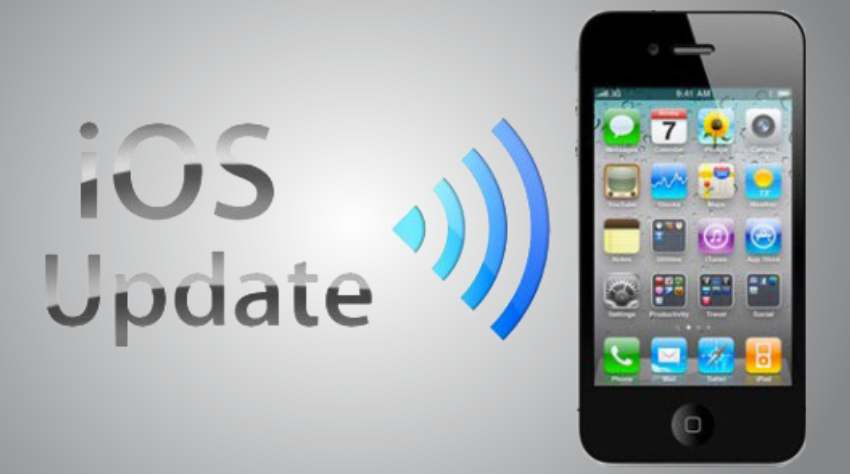IOS with enough regularity that it begins to feel routine. And maximum time, it is, especially the farther you become of the company’s yearly, feature-packed form overhauls. iOS 10.2.1, out today, is not routine. In fact, it’s very vital that you download it as soon as you reasonably can.
Maximum iOS updates involve security fixes of changing the severity. iOS 10.2.1, though, shields against a wide range of potentially devastating attacks.
Apple parts over a dozen vulnerabilities in all with the iOS 10.2.1 release, containing 11 focused around WebKit, the browser engine behind Safari, the App Store, and stacks of iOS apps. They also contain two instances in which a malicious application could fulfill arbitrary code with kernel privileges, which is to say, it could take the whole control of your device.
“It can add files, delete files, or execute some actions,” states JP Taggart, senior security researcher at Malwarebytes. “Want to top conversations and forward them to someone else? It can do that. Want to install extra malicious software? It can do that. Want to uninstall programs on the precious phone? It can do that. Want to hide these movements, programs and files from the user? It can fix that too.”
Several of the WebKit vulnerabilities can also tip to arbitrary code execution, and may be even more upsetting. That’s because while Apple can limit the number of spiteful apps in its ecosystem through App Store checking, WebKit presents a less filtered opportunity for malice.
If there’s a bright side to the update announcement, it’s that it took some of the best researchers to catch them. Google’s Project Zero, inexact, reported nine of the vulnerabilities. It’s incredible to know for sure, but that kinds it unlikely that either awareness or use of these opportunities was widely known among bad actors.
“These were several top notch hackers who start them, so the bar was quite high,” declares iOS forensics expert Jonathan Zdziarski.
If they were cast off, speaks Taggart, it would utmost likely have been by nation-states beside high-profile marks. And there’s probably not enough information in Apple’s disclosure to fence a broader rash of attacks in the nearby future. Do it today, if you can. While the ruthless guys may not know exactly how to compromise your iPhone, they know that it’s likely. “They now see where to concentrate their efforts,” says Taggart,” and what will produce the best results.
The Fresh iOS Update Repairs Big Security Holes so Catch It Now


